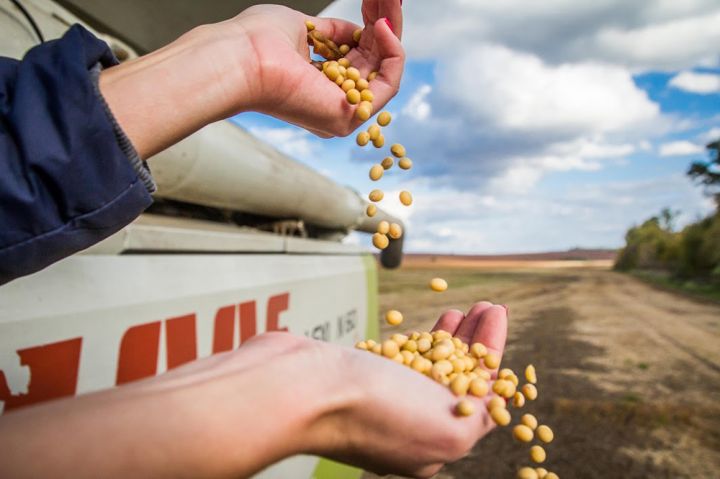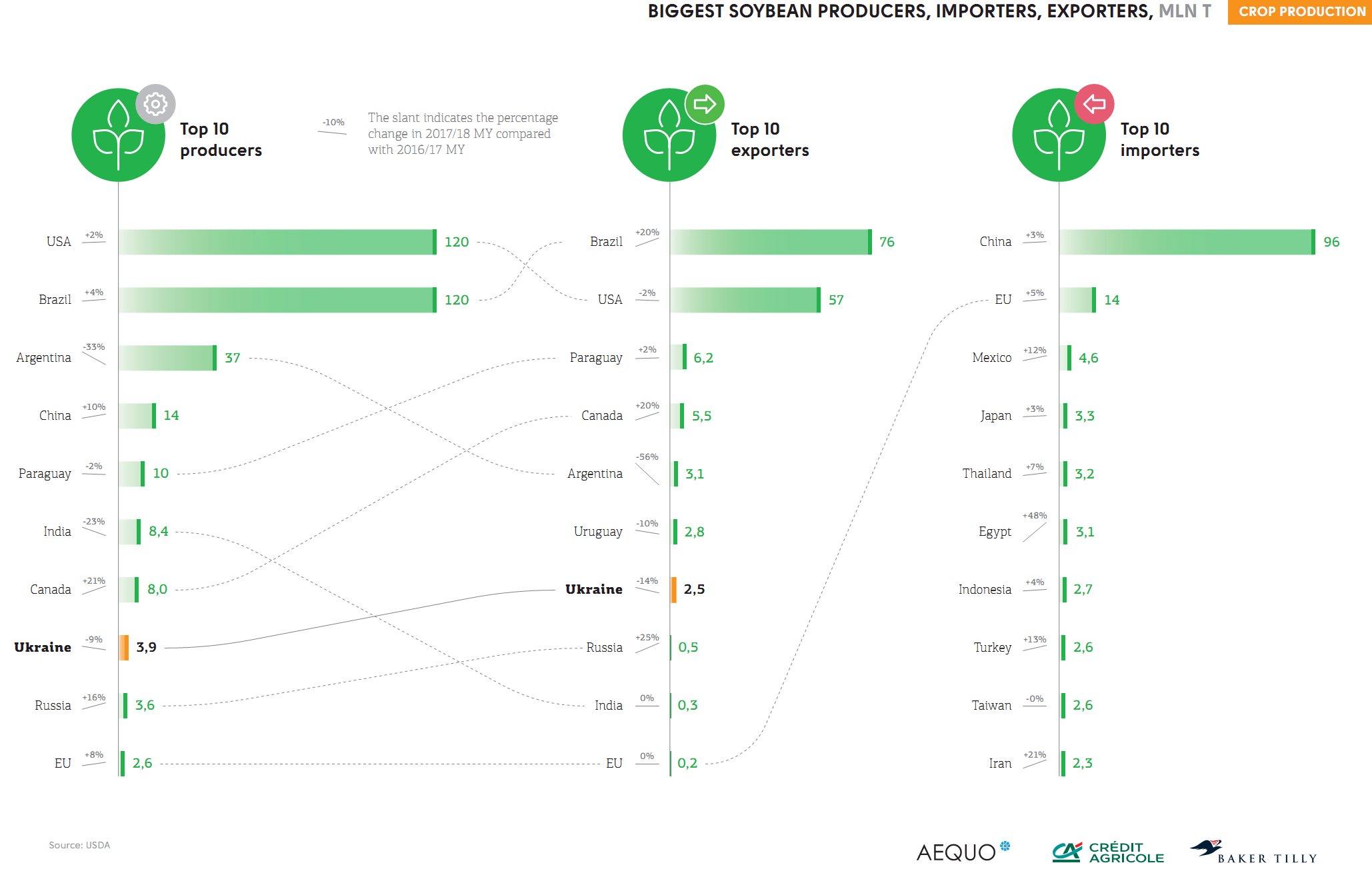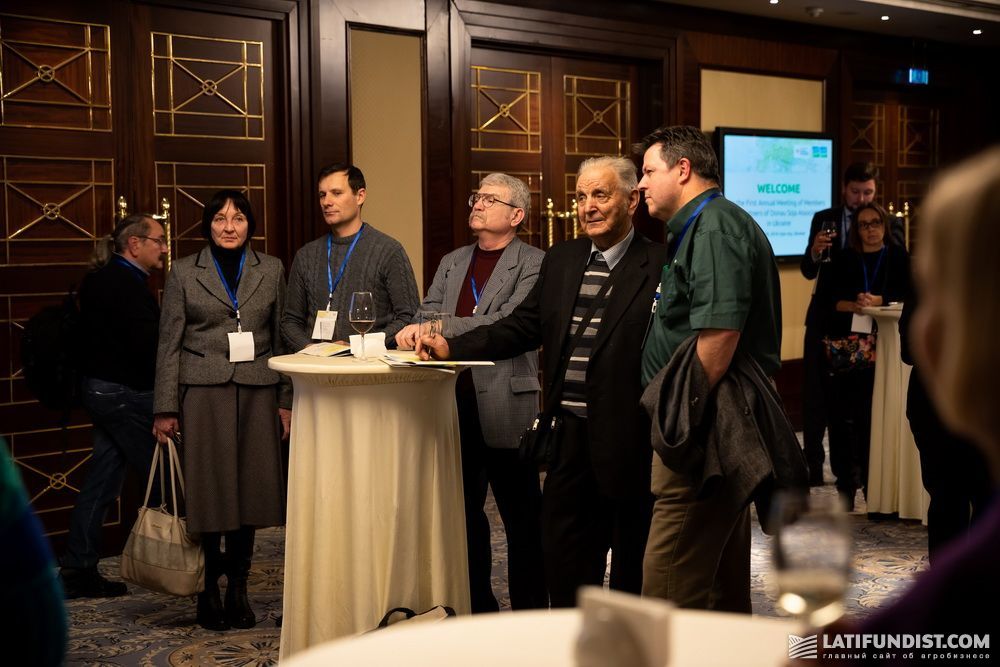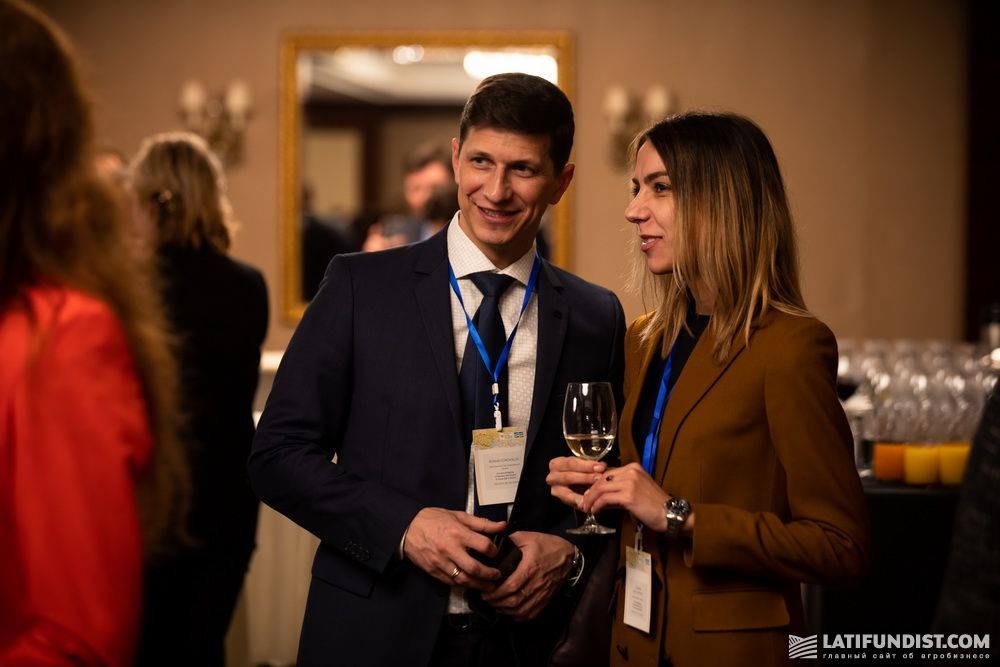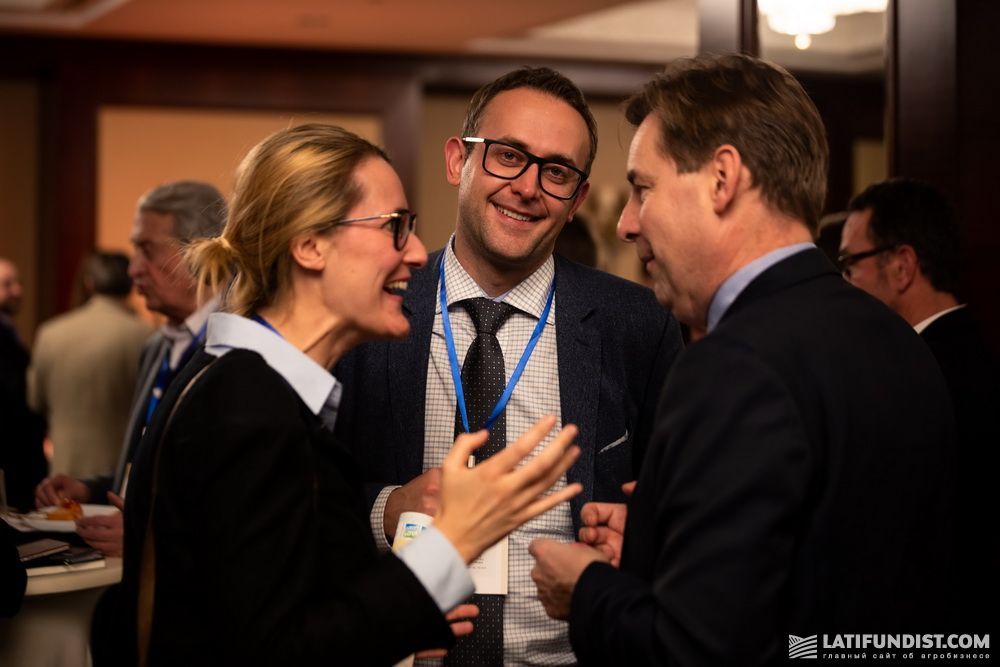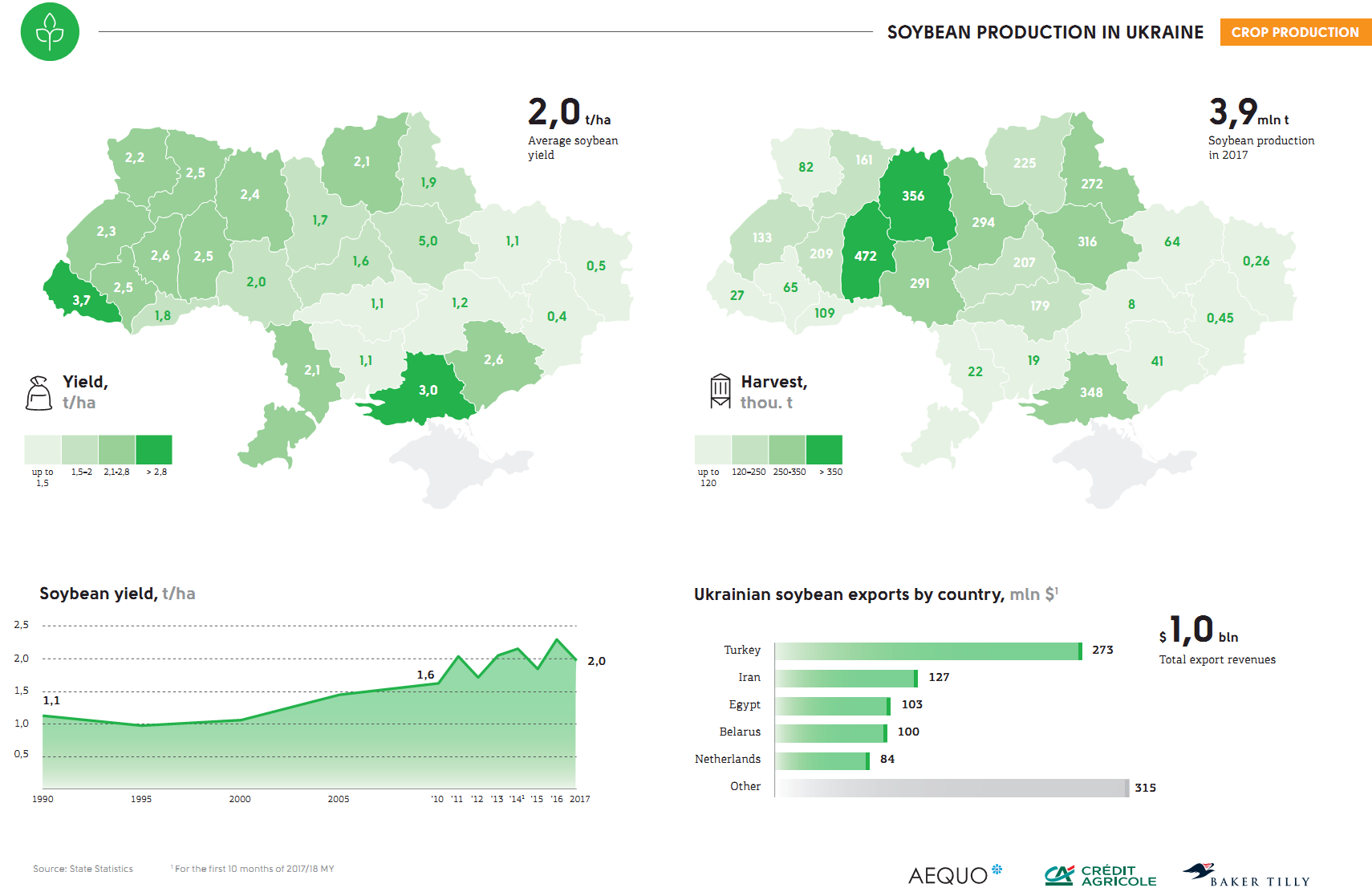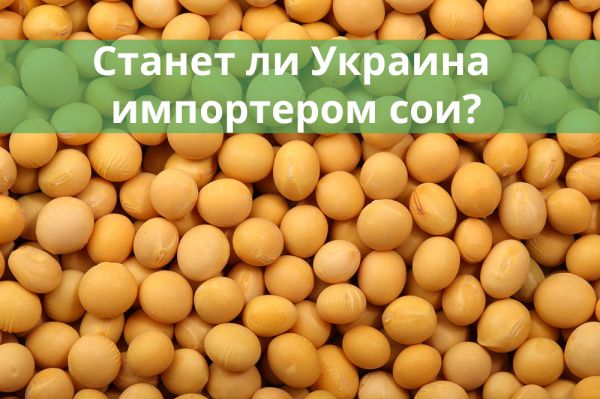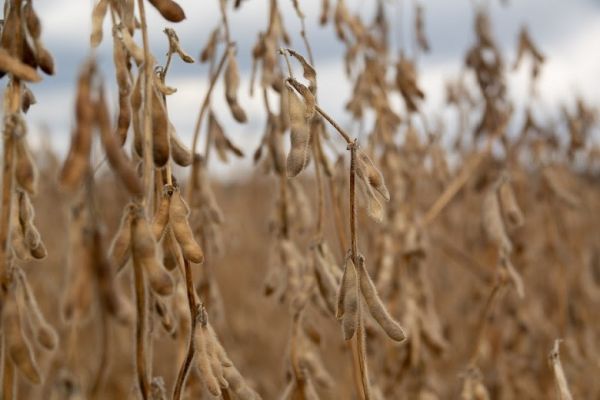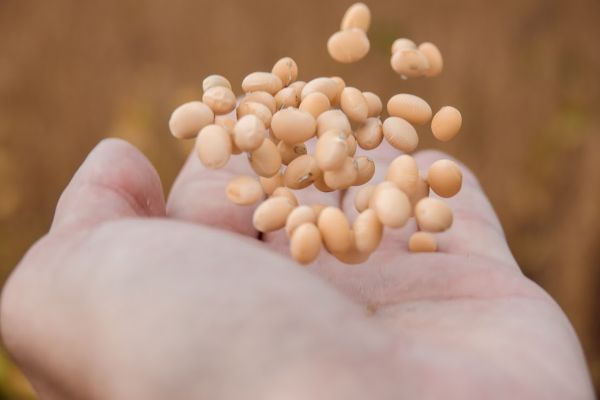Soya Integration of Ukraine: Donau Soja Messages
According to the State Fiscal Service of Ukraine, last year, 4.46 million tons of soya were harvested in Ukraine. Despite the loss of area under cultivation to 1.73 million hectares (13 pct less than in 2017), the production of this crop as a whole rose by 14.4 pct due to an increase in average yields up to 2.58 t/ha.
Ukraine is a leading supplier of soybeans to the European Union. In particular, almost 30 pct out of 2.76 million tons of exported soya was delivered to the EU. The European Association Donau Soja hopes that our country will retain the status of the largest soybean producer in Europe and will supply soya of conventional breeding to European processors.
In anticipation of the new season, Matthias Krön, Donau Soja President, and Oksana Prosolenko, Donau Soja Regional Director in Ukraine, told about the market situation and shared the mood of the market players. Latifundist.com collected the main theses from the speeches of the Donau Soja representatives.
About soya’s public reception in Europe
Matthias Krön, Donau Soja President

In Western European countries soybean has a very negative image. When it is mentioned in front of ordinary citizens, an apocalyptic picture immediately arises: deforestation of Amazonia, pesticide rain, cultivation of GM crops, etc. The task of Donau Soja is to alter the perception of this crop.
Such a reputation of soya was formed due to the low level of use of agricultural technologies and low standards for growing soybeans in Latin America. Over the past 50 years, the area under soybeans has significantly increased: from 17 million hectares in 1990 to 46 million hectares in 2010, mainly due to the lands of natural ecosystems and Amazonian forests. Thanks to the introduction of the “soya moratorium” in Brazil, it was possible to restrain deforestation. Nevertheless, an extensive increase in production of mainly GM soybeans continues in South America.
The EU countries are almost 93% dependent on soya import and vegetable protein in the form of soybean meals. However, according to various studies, approximately 2/3 of European consumers are concerned about the presence of GMO in food. That is, the reputable European products, such as Bavarian milk, Swiss cheese, etc., contain imported soybeans, which are added to animal feed. Consumers have a reasonable question: why should they pay a high price for well-known branded products that use low-quality raw materials?
Furthermore, the soybean imports to Europe from far away countries is also important in regards to environmental protection. According to a report of the Sustainable Europe Research Institute (SERI), as a result of intensive land use and changes in land use pattern in key producing areas, soybean production contributes to 77 pct of CO2 emissions that accompany the production of 1 kg of pork in Europe.
Work on reputation
In order to overcome the negative attitude towards legumes, Donau Soja has developed and implemented the Europe Soya and Donau Soja standards. These are the standards for soybean production and its processed products, which are based on three main criteria:
- Origin of produce — Danube region or Europe accordingly.
- GMO-free.
- Compliance with the requirements of national and EU legislation in regards to the plant protection products (PPPs), for example, active substances, application method, reducing the negative impact on the people’s health as well as animals’, bees’, etc.
Also, Europe Soya and Donau Soja standards prohibit the desiccation before harvesting, establish strict requirements for the respect of human and workers’ rights in accordance with the ILO (International Labour Organization) conventions, etc.
That is, farmers who intend to cultivate soya according to these high standards will have to adjust the technology, use earlier soya varieties, renounce the use of certain PPPS, etc.
Implementation of these requirements has already shown its impact on market players. Thus, the European Feed Associaton (FEFAC) published Soya Sourcing Guidelines which are getting enforced by feed industry members all over Europe. The guidelines demand that all soya used in European feed conforms to minimal standards of sustainability.
Learn more: Toasted Expanded Full-Fat Soy (TEF Soy)
Political Support and Protein Strategy
Government representatives from 14 countries signed the Donau Soja Declaration thus supported the Donau Soja objectives and activities. Ukraine also signed this document.
In 2018, 18 EU agrarian ministers (including those of Italy, France, the Netherlands, Austria, Romania and Finland, and in 2019 — Switzerland) signed the Europe Soya Declaration – a joint accomplishment of Donau Soja Association and the agrarian ministers. The signing of this Declaration was a kind of a push for the European Commission, which started the development of the European Protein Strategy.
This document aims at stimulating the cultivation of protein containing crops in the EU to provide Europe with high-quality protein. Discussion of the draft of this strategy was held on June 20, 2018, during the 5th Donau Soja Congress. The Association is making efforts to ensure that Ukraine is also included in this strategy.
GMO and export risks
Cultivating or not cultivating GM soybeans in Ukraine is not a matter of preference, but the matter of law abidance. Besides, it’s a matter of confidence in Ukrainian agricultural producers on the part of the global community. After all, the shares of some large Ukrainian companies are traded on international stock exchanges. It is clear that failure to comply with the law may lead to complaints from international partners or even exclusion of the company’s shares from the listing. In addition, the lack of effective control over the turnover of genetically modified products and uncontrolled production destroy the confidence of Ukrainians in the food products they consume.
On Donau Soja activities in Ukraine planned for 2019
Oksana Prosolenko, Regional Director of Donau Soja in Ukraine
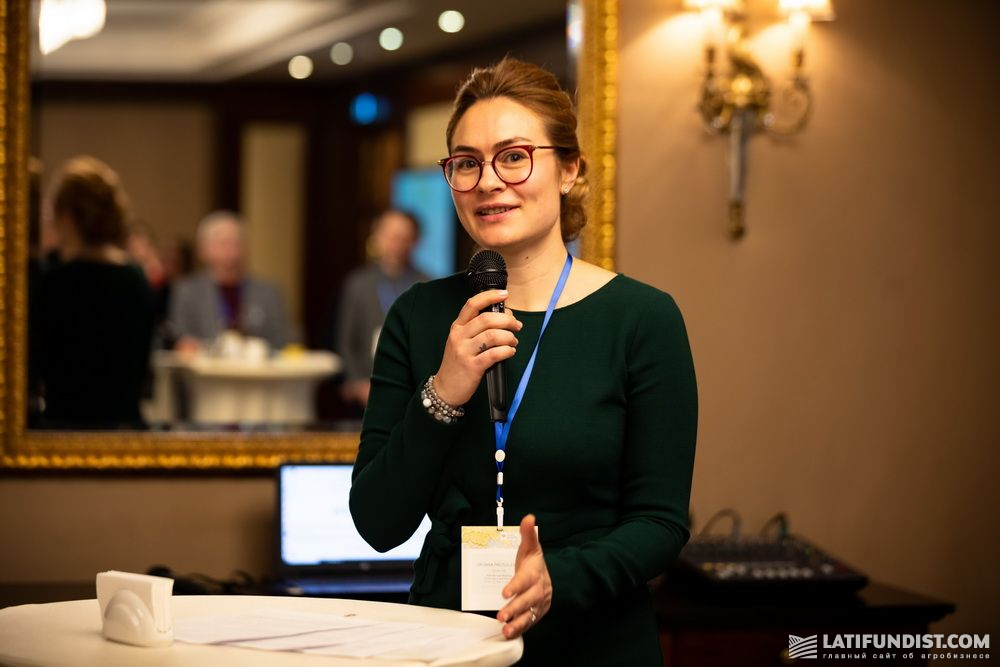
The Association will continue to focus on enhancing the knowledge of producers about growing soybeans in Ukraine in 2019. Donau Soja is convinced that it is possible to increase the yield of this crop by at least 50 pct in the country. And it is possible to grow not 3-4 million tons, but 4.5-6 million tons of soybean per year on the same areas as before (1.7 million hectares). The Association together with partners organizes field days almost simultaneously in 6 countries to provide professional advice to market players.
Also, the Association will actively promote the development of trade relations between Ukraine and the EU this year. Both large processing and trading companies are the partners of Donau Soja.
“We want to establish communication between the Ukrainian producers and our European partners so that they can cooperate,” Oksana Prosolenko specified.
It is important that Ukrainian soybean producers understand the requirements of European customers so that they can meet these requirements in terms of cultivation technologies, quality standards, and technological process traceability (from seed selection to finished product) to be able to adequately compete with other suppliers in the European market.
On the need to regulate the turnover of GM soybeans in Ukraine
It is known that only registered GM crops varieties are allowed for production in Ukraine, yet such varieties are not registered in the State Register. Nevertheless, according to various sources, about 50 pct of the total produced soybean are transgenic in our country. Experts say that this confirms the fact of deliberate cultivation of GM soybeans in Ukraine and not an accidental contamination.
In summer of 2018, the Agent Green Association (a non-profit public environmental protection organization, established in 2009 in Romania for the preservation of biodiversity — ed. note) conducted a study on the presence of GMOs in soybean crops in Ukraine in the summer of 2018. Samples were taken from soybean fields in 6 regions of Ukraine (Poltava, Khmelnytsky, Kyiv, Kirovograd, Zhytomyr, Vinnytsya), which ensure about half of the Ukrainian soybean production. The analysis showed that 29 of 60 selected samples had contained GMO.
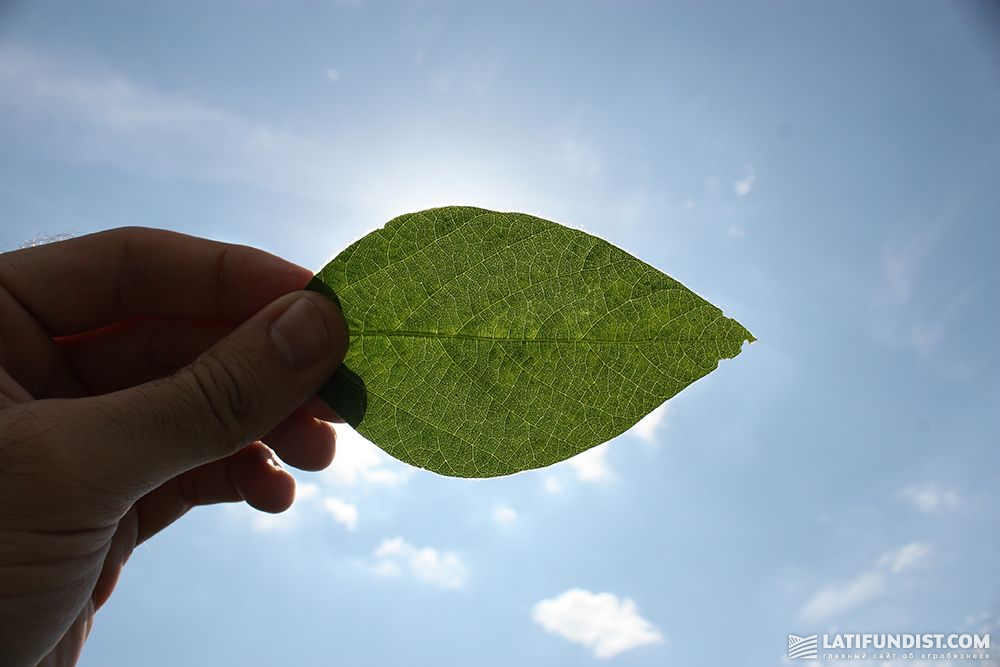
According to the Association, this happens because many domestic soybean producers do not use the original seeds. Therefore, Donau Soja focuses on partnership with international and Ukrainian seed companies. The Association actively cooperates with relevant national associations and the Government to resolve the issue of production and turnover of GM products in Ukraine.
“The Association is not a GMO antagonist. But working within the legal framework is one of the Donau Soja principles,” Oksana Prosolenko explained.
Therefore, the organization believes that the question of the turnover of GM products in the country should be discussed to attract as many participants as possible to the discussion and to develop a unified state position in the country.
Ukraine is one of the countries that have the highest possible risk of GMOs contamination (pollution), and the facts show that even today most of the domestic infrastructure (transport, elevators, ports, etc.) is contaminated with GMOs. The Association believes that the issues of legislative regulation of GMO turnover should be resolved no later than the end of 2019 because Ukraine is obliged to implement into legislation 15 EU law acts relating to approbation, registration, placement on market, control, coexistence and transboundary movement of genetically modified organisms in accordance with the Association Agreement between Ukraine and the European Union.
How to minimize the contamination risk
Due to the lack of effective government regulation in the country, additional costs and risks are borne by companies that execute non-GMO contracts. According to the Association, costs can range from EUR 10 to 15 per ton. So, these are direct losses for companies that are undergoing procedures for obtaining the status of a non-GMO exporter and independently solve the problem of maintaining product purity and actually carry out control functions that should be performed by the state.
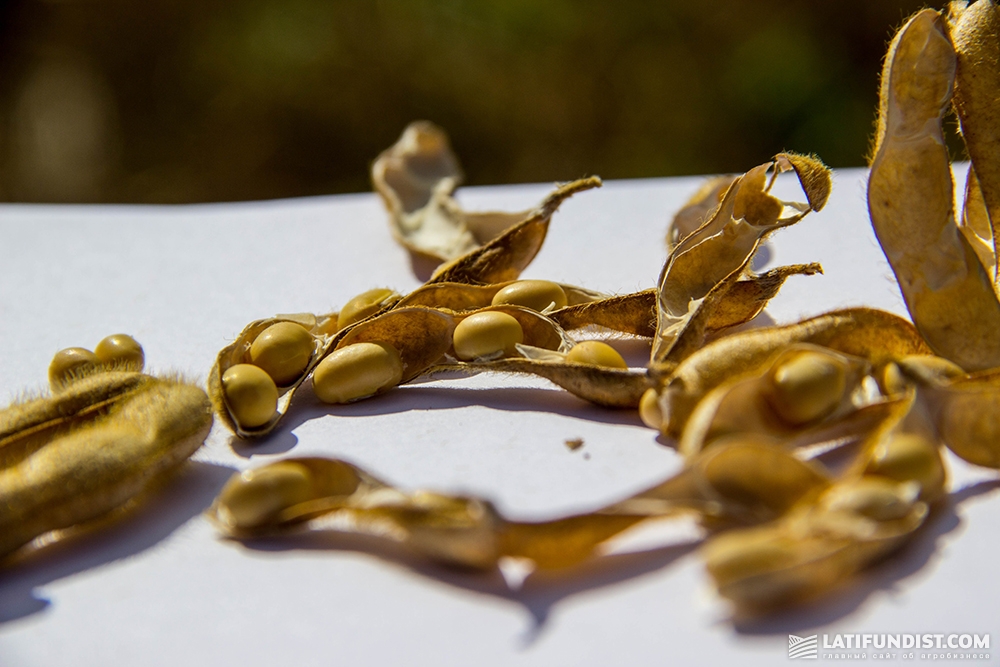
The organization believes that it is necessary to tighten control over the turnover of GMOs in Ukraine. The problem is that the turnover of GM products de facto is not controlled today in the country. According to Oksana Prosolenko, the State Service of Ukraine on Food Safety and Consumer Protection (SSUFSCP) could settle the situation and establish effective control over the turnover of GM products in Ukraine in a couple of years. According to the expert, it is enough to introduce a system of substantial penalties for unregistered GM crop growing, and also to regulate the turnover of unregistered seeds of unknown breeding and the procedure of customs control when importing products to Ukraine. This could significantly change the market.
On soybean yields in Ukraine
According to Donau Soja, the problem of poor soybean yield in Ukraine is associated with the use of illegal (not registered in the state registry) and non-original seeds. Representatives of the Association together with Italian colleagues conducted crop tours in 4 regions of Ukraine in 2018. And they found out that the holdings had a biological yield of soybean 1.5-2 times higher than that of small and medium-sized farmers.
That is, the main yield loss occurs precisely in small farms segment. Therefore, the Association aims at increasing the knowledge of farmers who should understand that by saving on quality seeds they lose yield. This is an evolutionary process.
The Association suggests that it takes up to 5 years for Ukrainian farmers to understand the basic principles of efficient soybeans production, and the average yield of this crop will grow.
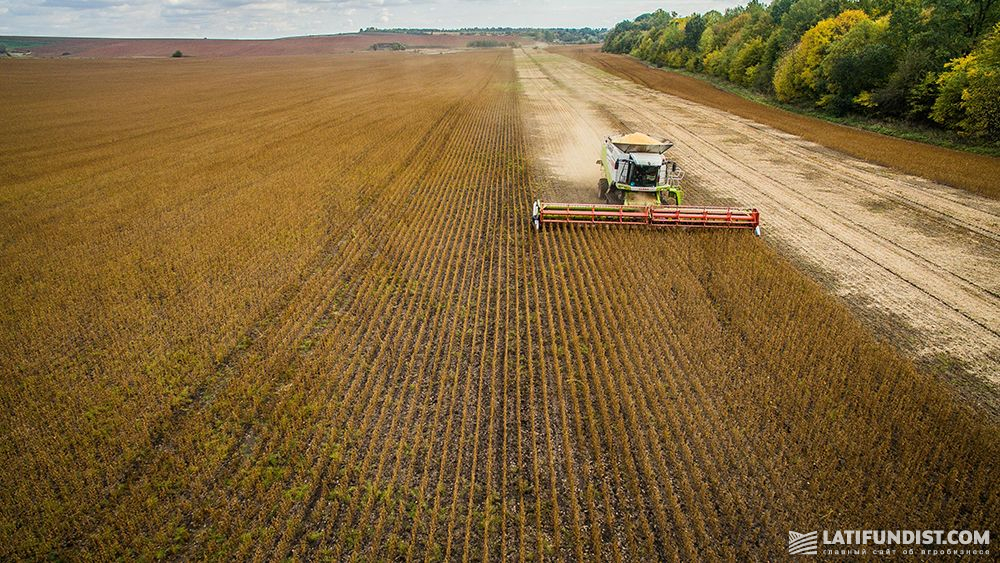
On soybean export VAT refund
When a year ago the introduction of “soya edits” was initiated in Ukraine, the Association expressed its negative attitude to this process, which violated all legal norms. Nevertheless, Donau Soja believes that, in general, restrictions on the export of soybeans can actually stimulate the development of processing of this crop in Ukraine. The same as it was with sunflower. Indeed, it is possible to produce not only high-quality soybeans but also not GM soybean meal with high-quality indicators, including protein, as well as soybean oil in Ukraine.
This product has its own niche in the European market. The Association believes that the presence of a sufficient amount of raw materials in the domestic market could significantly stimulate the emergence of not only large but also small processing plants. For market operators, it is harder to export soybean products than just raw materials. But market players need to learn to enter into export contracts and to work under contracts because the development of processed products exports will shape the industry in the future. Association experts are ready to share knowledge and support domestic companies.
On producers’ “soybean moods” this season
According to the Association, agricultural holdings which previously produced soybeans plan to increase the area under this crop this year. Taking into account the fact that last season the price subsided somewhat, perhaps, small farmers will reduce the area under soybeans. Anyway, a club of companies that have long specialized in the cultivation of legumes was formed in Ukraine. Such market players will continue developing the production of this crop.
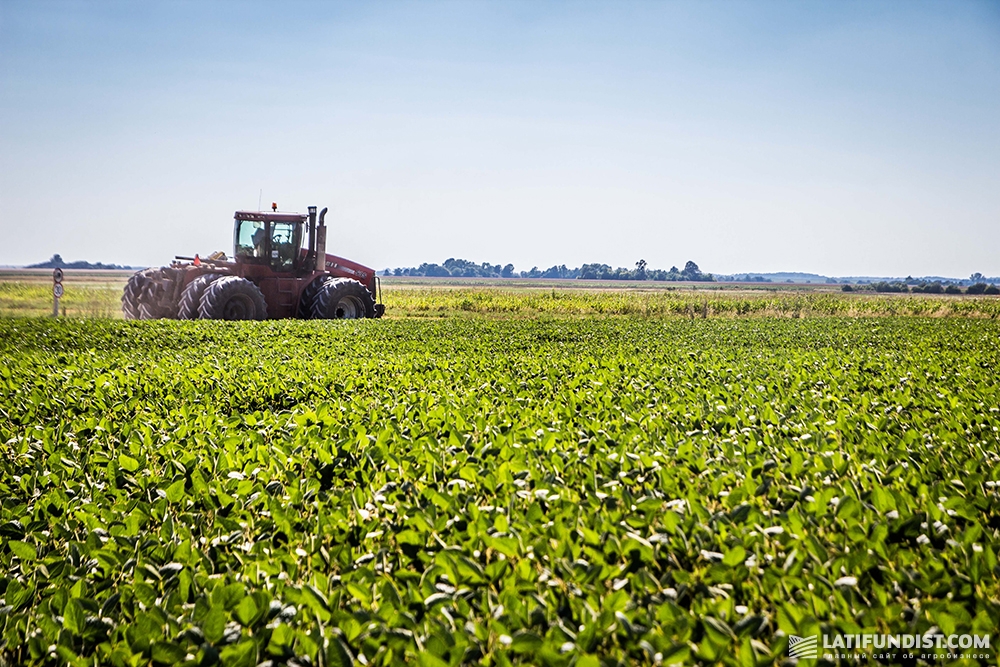
Why Ukrainian agrarians get European certificates
The Association notes that large agricultural holdings in recent years have been paying serious attention to the implementation of various quality systems. Perhaps it is motivated by the understanding that the markets of Southeast Asia do not provide the same added value as contracts with customers from the EU do.
There are more and more small and medium-sized farmers who are interested in increasing crop yield, improving the productivity and profitability of soybean production. Along with large companies, they seek to obtain European certificates.
Today, 4.3 pct of the total soybean areas are certified under the Donau Soja and Europe Soja standards. 250 thou. tons of soybeans were harvested on this area in MY2018/2019. Ten agricultural companies, one processing plant and ten elevators in Ukraine are certified under the above mentioned standards.
It is easier for producers to get certified if they have standardized approaches to risk management, integrated quality management systems, etc. The Association expects that several more large companies, including processing ones, will undergo certification in 2019. Also, Donau Soja is interested in working with small and medium-sized farmers, and plans to help them form commodity lots at independent elevators for developing export potential.
Alla Sylyvonchyk, Latifundist.com


